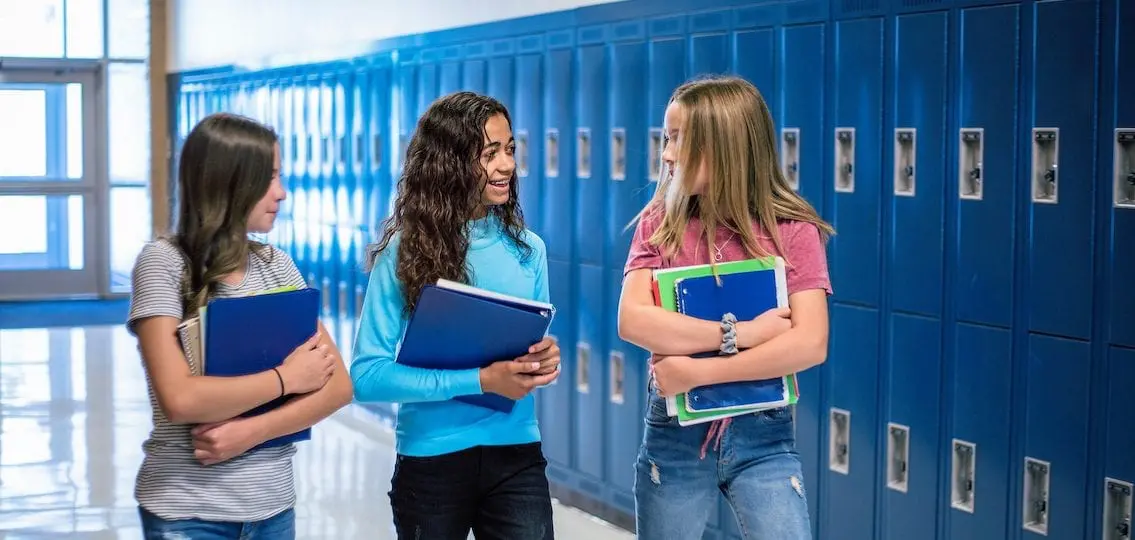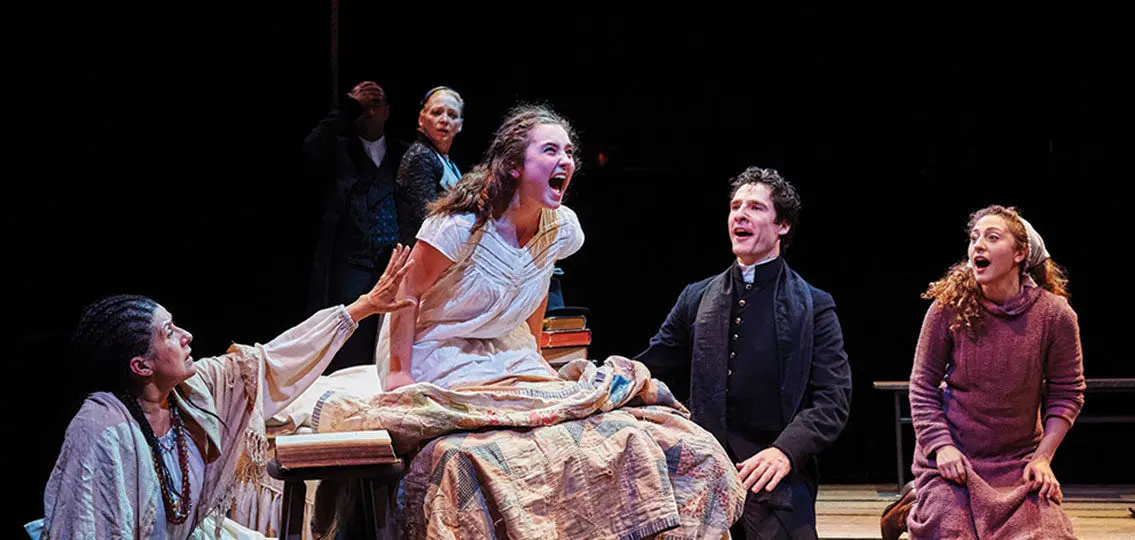My cousin, who is in her 30s, is an attorney with an outgoing personality. In her teens, however, she found it very difficult to make friends at school. Then she discovered a community theater group, where she forged friendships she still has today.

“The people in my life from that time—I would do anything for them. There was a level of camaraderie we had; we felt comfortable being our true selves,” she explains.
People often talk about helping kids “find their passion.” But what about helping your teen find their people?
This can be difficult, especially in middle school, when young adults are encountering one of the most socially challenging points in their lives.
“In middle school, the desire to fit in is all-encompassing,” explains Phyllis Fagell, author of the book Middle School Matters. “Anything that makes you stand out can generate tremendous pressure. This can lead to a huge drop in confidence. By high school, this levels off: Peers are more embracing of other people’s talents.”
So, how do you get over the middle school hump—and help your child make solid friendships?
How to Find Your Tribe in Middle School
Craft a Plan B
In middle school, competition gets more intense. Maybe your child doesn’t make the team or the musical. Now’s the time to lend support.
“Our goal isn’t to shield teens from disappointment, but to help them recover from it,” says Fagell. Along with your teen, you can brainstorm ways they can stay involved. Can your aspiring actress work the stage crew? Can your sporty kid find a different outlet, like Tai Kwon Do or fencing? Show them a Plan B. “They get to decide how many attempts they can tolerate,” Fagell says.
| [adrotate banner=”150″] |
Try activities outside of school
Friendship dynamics change regularly in middle school. As a middle school counselor, Fagell knows that most of the time, a middle schooler’s friends from the fall will no longer be around by the spring. “It’s important that kids find a place where they feel that they can be themselves. It’s a developmental imperative. This is when you want to start encouraging your child to broaden their scope,” she says.

High school senior Elise Pakiela experienced this first-hand when she participated in community theater groups. When she was younger, the emphasis was on having fun. As a young adult, she grew to appreciate the storytelling side of theater—and this allowed her to bond with her theater friends in a different way. “You have this common understanding, combined with a genuine appreciation for one another that makes for incredible friendships,” she explains.
Eventually, Pakiela’s community theater involvement even led to a professional stage role in the Cleveland Play House production of The Crucible.
Bonding through shared interests
Although Pakiela had a core group of friends at school, she bonded with her theater friends in a different way: “You form stronger friendships with other theater artists because you’re doing dinner breaks together, doing your homework together.”

Her experience also meant she was interacting with performers of all ages. “My theater friends come from a wider variety of backgrounds and have such a range of life experiences,” she says. “Some of the most cherished friendships I have made through theater have been with artists older than me who have become mentors.”
Yes, it’s great when your teen finds their passion. But it’s really terrific when they also find their tribe.





